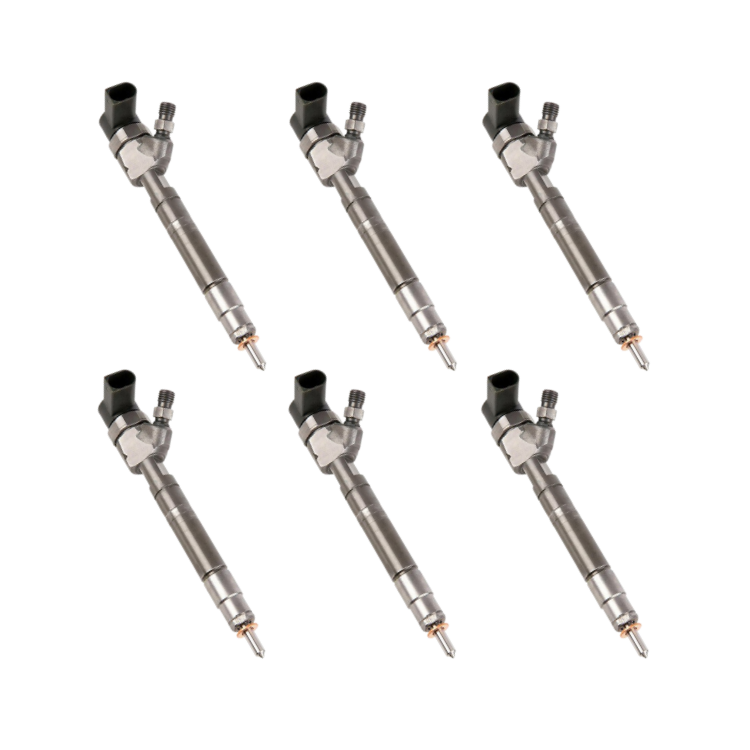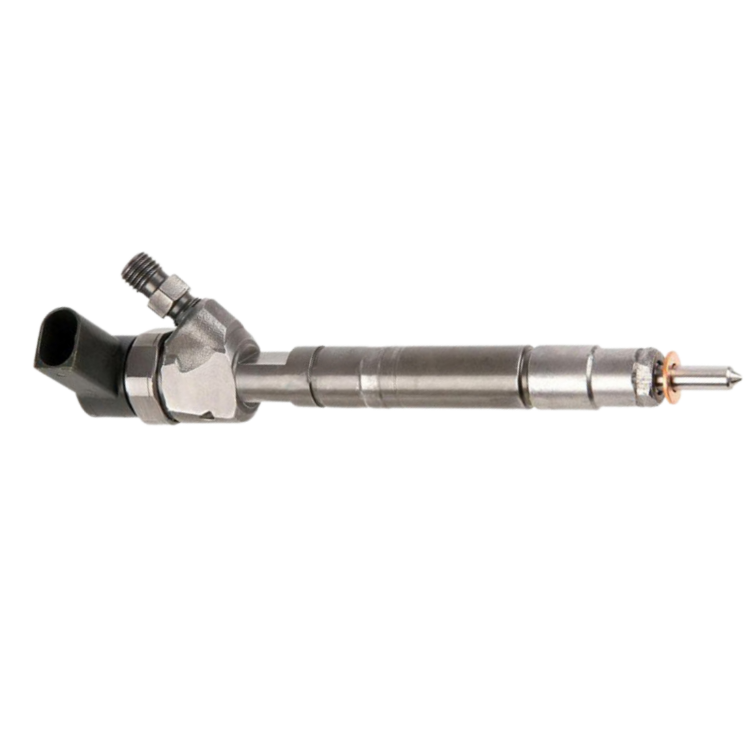A fuel injector is responsible for delivering the right amount of fuel to the engine at the right time, ensuring smooth performance and efficient combustion. When a fuel injector goes bad, it can lead to a variety of engine issues that, if left unaddressed, may cause further damage. In this blog, we’ll explore the common symptoms of a bad fuel injector to help you identify the issue before it worsens.
Signs of a Bad Fuel Injector:
-
Engine Misfires
-
A faulty fuel injector may not deliver the necessary fuel to the engine, causing misfires. If you notice your engine sputtering or jerking, a bad injector could be the culprit.
-
-
Poor Fuel Economy
-
If a fuel injector is leaking or malfunctioning, it may deliver too much or too little fuel, leading to decreased fuel efficiency and higher fuel consumption.
-
-
Rough Idling
-
A clogged or failing fuel injector can cause the engine to idle roughly or even stall. You may notice the engine vibrating or sounding uneven while idling.
-
-
Check Engine Light
-
A malfunctioning fuel injector can trigger the check engine light. While the light can indicate various issues, it’s worth checking the fuel injectors if other symptoms are present.
-
-
Fuel Smell
-
If a fuel injector is leaking, you may notice the smell of gasoline around your vehicle. This can be a sign of a significant problem that needs to be addressed immediately.
-
-
Reduced Engine Power
-
A bad fuel injector can cause the engine to struggle during acceleration, resulting in reduced power and poor overall performance.
-
-
Engine Knocking
-
If fuel isn’t being delivered correctly, the engine may knock or produce unusual sounds, indicating that the injector may not be working properly.
-
If you suspect a fuel injector problem based on any of the symptoms mentioned, it’s important to address the issue promptly. Ignoring the signs of a bad fuel injector can lead to more serious engine problems and costly repairs. TamerX Diesel Parts offers high-quality fuel injectors to help you restore your engine’s performance and keep it running smoothly. Regular maintenance and timely repairs are key to ensuring the longevity of your fuel system.











































